Free speech tactics by group crosses boundaries, says faculty
Required by law, the college and the Los Rios district as a whole permits free speech to take place on all campuses, said Public Information Officer Kristie West.
The campus has seen a variety of groups enacting their free speech rights, but particular groups, such as the anti-abortionists Project Truth, possess “certain tactics that often cross boundaries,” said Anthropology Professor Anatasia Panagakos.
“What I heard from students was that the graphic images were the most disturbing part,” said Panagakos. “The problem wasn’t so much that they were on campus or that they were handing out their literature, but that you were accosted in such a way that you didn’t have a choice whether to look at the images or not.”
West said she believes most students and faculty understand the right to free speech, and if they have an emotional reaction to something they disagree with, the college encourages them to try and avoid those areas if they can.
The group was on campus during the week of Sept. 9., and in response, Panagakos and other Safe Spaces allies decided to table and offer support to be sure students knew this wasn’t a college-sponsored event, said Panagakos.
Panagakos said Safe Spaces is a program on campus dedicated to providing a positive learning and working environment.
Panagakos added that Safe Spaces lobbied to the college administration that when groups come on campus, no matter the group, to have signs put up stating this was not college-sponsored and that graphic images may be ahead.
“The imagery was gruesome and offensive,” said 21-year-old political psychology major Dalton Netherton. “I realize the campus tried to warn people with signs and emails, but it did very little as you already saw the signs before you saw CRC’s warning signs.”
Panagakos suggested that the community should think about having a free speech forum. She also said this would educate students on what free speech is and what the campus policy is.
“It’s okay to feel uncomfortable,” said History Professor Diana Reed. “I teach history and we discuss many uncomfortable topics, but we still want our students to feel safe and supported.”
Nineteen-year-old undeclared major Summer Maranghi said she thinks the groups can do what they want, but shouldn’t force it on people.
“If I have an opinion, I would want to voice it,” Maranghi said.
Panagakos said this is not the only group who has frequented campus; some come to hand out anti-evolution pamphlets, others set up tables with religious outreach.
“Both these groups, however, sit quietly allowing people to come to them, not actively projecting images or propaganda,” Panagakos said.
Regardless of the group, it can be a learning experience for students, Panagakos said.
“Safe Spaces is not trying to ‘bubble-wrap’ everything, we’re not trying to make it so no one has dissenting views,” Panagakos said. “The idea is that we should have thoughtful dissenting views that aren’t discriminatory or incite problems.”

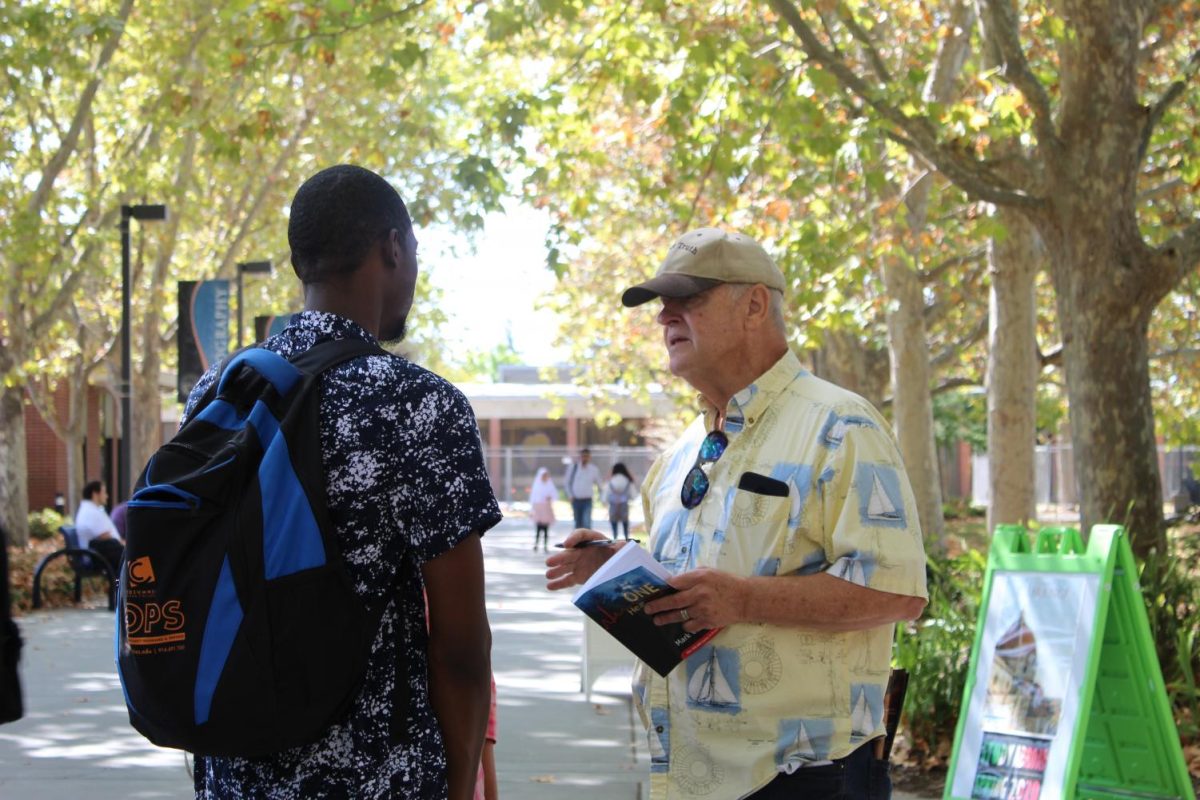
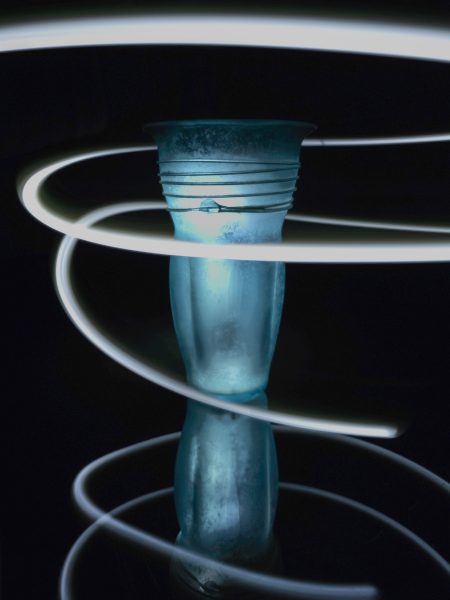
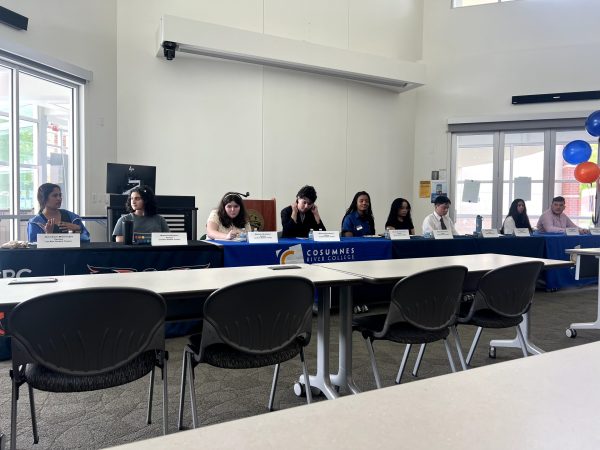
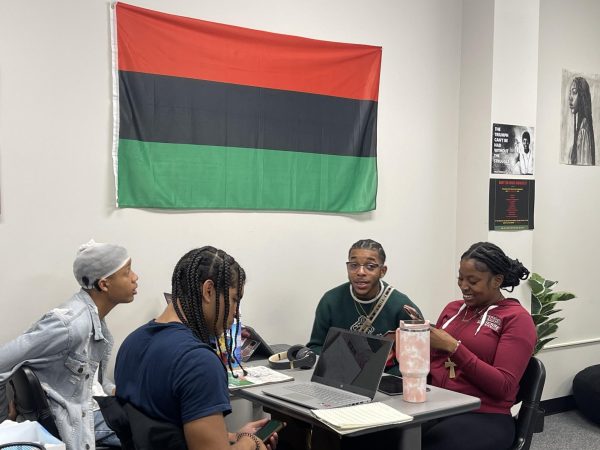
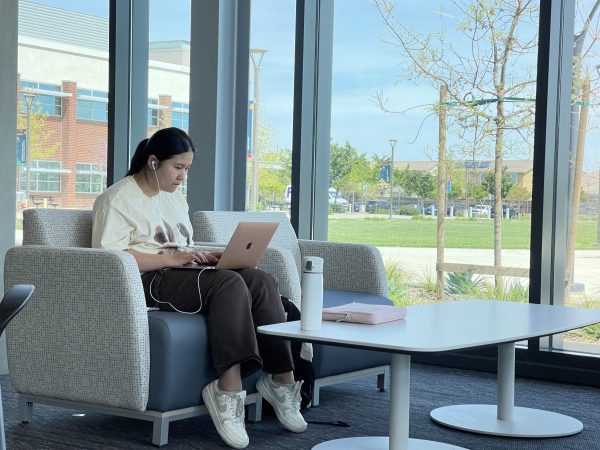
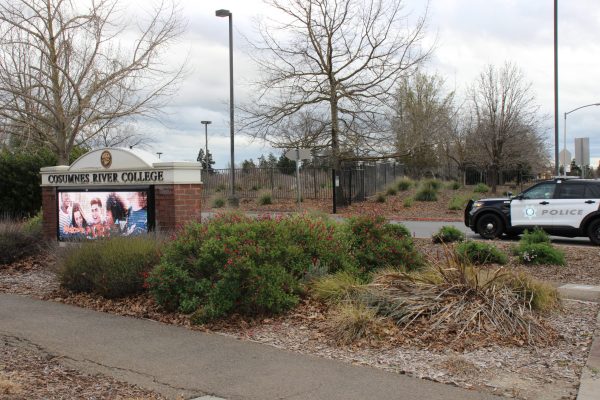
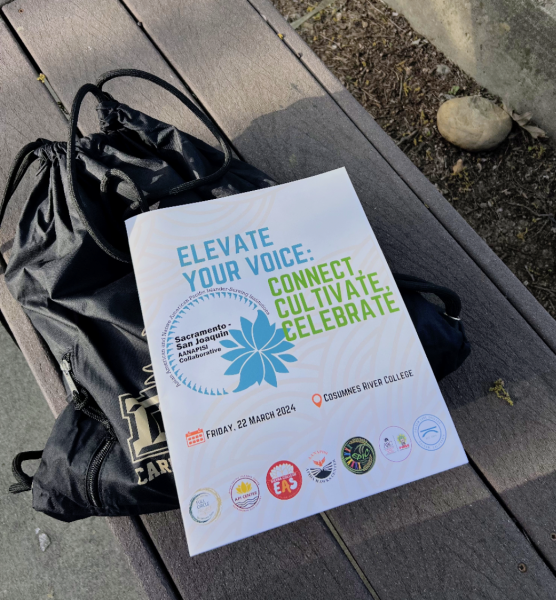
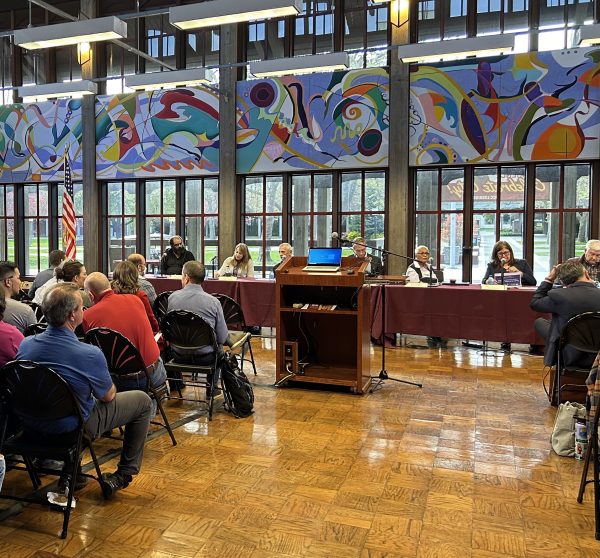
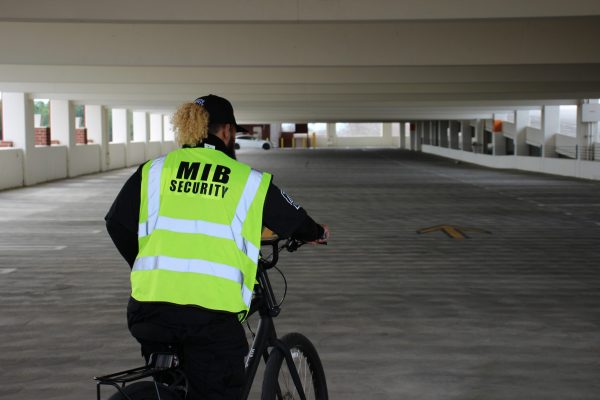
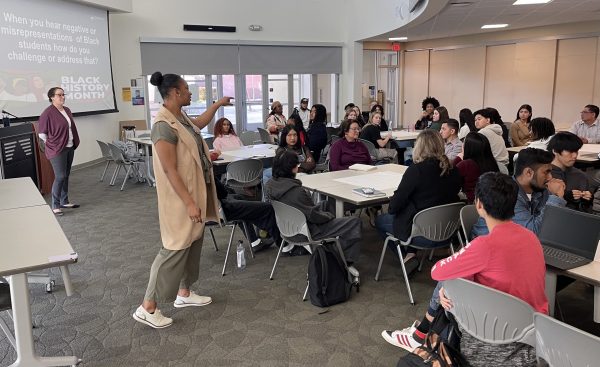
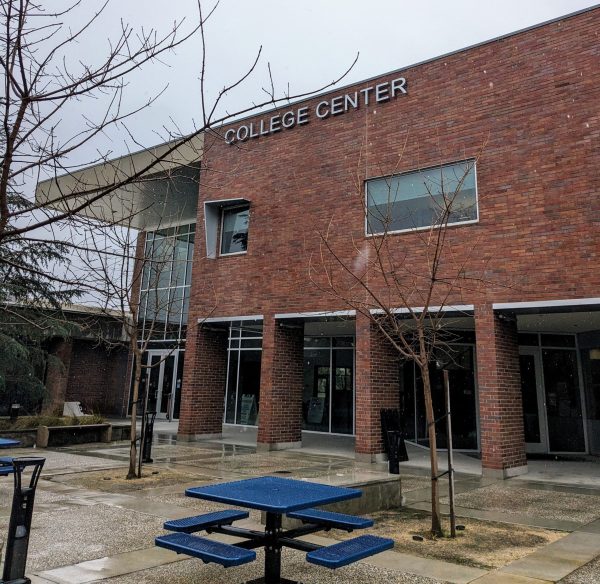
Peter Stillson • Oct 1, 2019 at 6:49 am
“The imagery was gruesome and offensive” (student quote).
The exact reason why our country’s Founders started with 1st Amendment of Free Speech – to allow unpopular speech (should be obvious!). What if 1930’s, 40’s Germany allowed free speech concerning their Death Camps? How about 1840’s, 50’s use of Slaves and showing pics of that? Would their college newsletters complain about the gruesomeness of those pics. PLEASE think about it!
Bob • Sep 24, 2019 at 9:50 am
Those images are protected by the First Amendment.